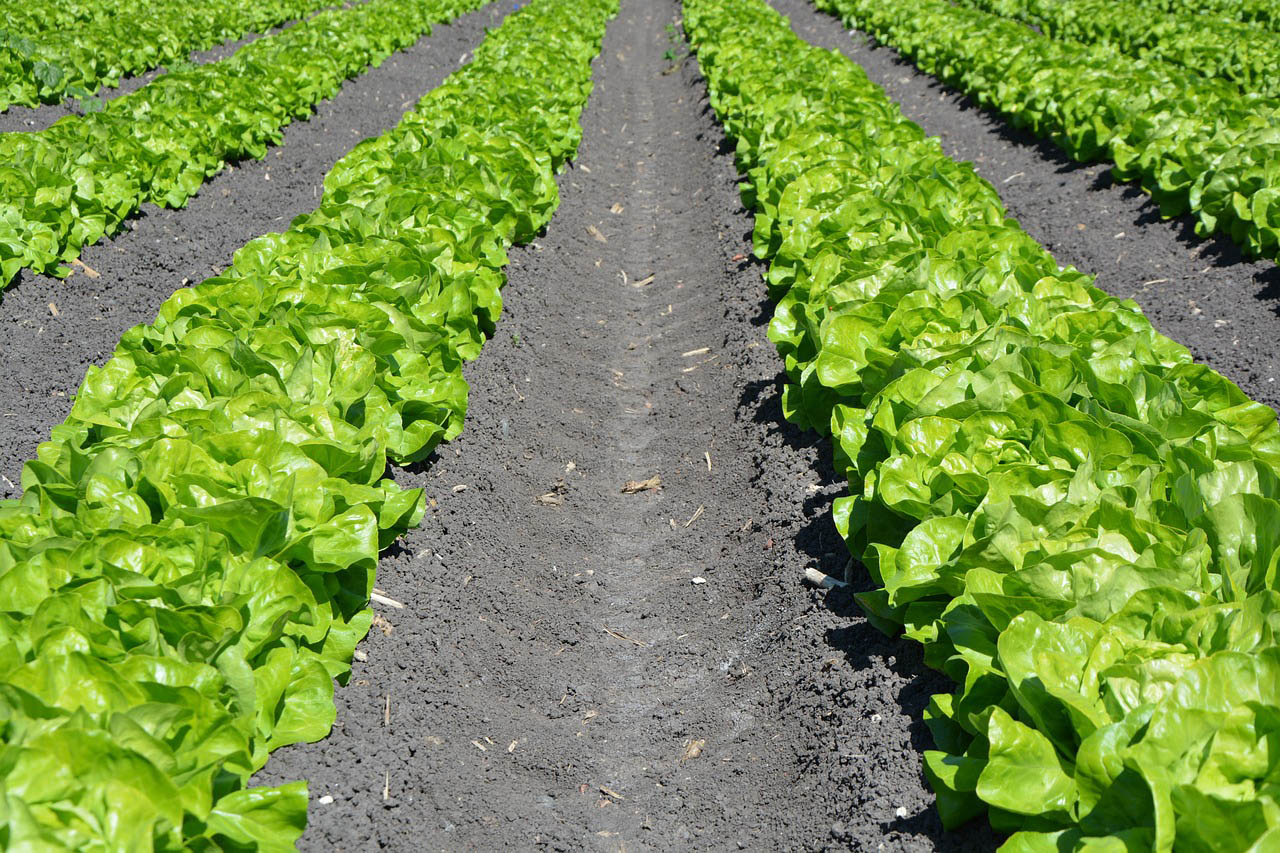Vision Statement
To serve as a leader in ensuring consumer protection, advancing Arizona agriculture, and safeguarding agricultural commerce.
Mission Statement
To protect the health and safety of Arizona consumers, advance and support Arizona agriculture, and safeguard commerce.
What We Do
The Department of Agriculture was created in the 1990s to bring together separate boards that oversaw and protected agriculture, business and public health. In the 2010s, the Arizona State Legislature moved the Department of Weights and Measures and the Office of Pesticide Management into the Department. They became Department Divisions.
Staff oversees 50,000 licensed professionals, conducts 12,500 inspections and completes more than 5,000 laboratory tests. The department makes sure food is grown, raised and processed to protect public health before the food reaches the grocery store or restaurant. Consumers are protected with inspections of scales, gas pumps, fertilizer and seed content to name a few duties assigned to the department. The Department also ensures that people using pesticides are well-trained to protect people, pets and plants. Inspectors keep plants and animals protected from diseases with regular checks of imported products.
Overview of Divisions
Animal Services Division (ASD)
Protects and improves the health, quality, and marketability of Arizona animals and animal products by identifying, diagnosing, and preventing existing and emerging diseases, protecting humans from contagious diseases, and responding to emergencies. Enforces laws concerning the movement, sale, importation, transport and processing of livestock. Conducts food quality and safety inspections of milk and meat products produced and processed in Arizona, as well as egg and egg products produced in, or imported to, Arizona.
Environmental Services Division
Performs feed, fertilizer, pesticide and seed label inspections, sampling, registration and licensing to ensure compliance with state and federal laws and ensures consumers are protected. Enforces pesticide use regulations to ensure products are applied according to label directions, established buffer zones are adhered to, and environmental and human concerns are protected. Assures competency of pesticide applicators, pest control advisors and pesticide safety trainers through training, testing and certification. Protects agricultural workers and pesticide handlers on agricultural establishments by enforcing state and federal agricultural safety regulations.
Plant Services Division
Safeguards agriculture, food and the environment from the risks associated with the entry, establishment and spread of plant pests, diseases and noxious weeds thereby promoting agricultural sustainability, market access and competitiveness. Enforces state and federal quarantine regulations to ensure agricultural, environmental and public concerns are protected. Conducts inspections throughout the state to enforce regulations on the importation, export and movement of plant materials. Provides export certification inspections for the international and domestic shipment of Arizona agricultural commodities. Conducts early detection surveys for the presence of exotic plant pests and diseases of concern to Arizona agriculture and its public in order to offer the best chance at successful eradication.
Agricultural & Food System Support Division
Provides assistance to members of the agricultural community in complying with state and federal regulations, including worker protection safety and training requirements, animal waste water management regulations, nutrient management planning and air quality regulations. Offers a formal means by which the regulated agricultural community may request compliance assistance without regulatory repercussions. Administers the Specialty Crop Block Grant and Growing Smarter Open Space Reserve Grant Programs and oversees the administration of the Agricultural Commodity Councils and Agricultural Employment Relations Board.
Citrus, Fruit & Vegetable Standardization & Fresh Produce Grade Inspection
Increases the potential for domestic and international marketing and protects against exporting, importing and selling of substandard produce by development and enforcement of uniform standards. Conducts inspections encompassing several areas, including quality, condition, size, maturity and labeling of produce. Enforces U.S. import requirements and marketing order restrictions at Arizona’s border with Mexico. Performs shipping point and terminal market produce inspections through cooperative agreement with United States Department of Agriculture. Supports the Statewide Gleaning Project in harvesting surplus crops for the hungry.
Pest Management Division (PMD)
Advocates and promotes, through education, training and enforcement, the safe application of pest control technologies which will result in the maximization of the health and safety of the residents of Arizona, and protection of their property and the environment. The PMD monitors and investigates pesticide related complaints as well as termite inspections in all urban (non-agricultural) areas. The PMD's function includes ensuring that those applying pesticides obtain and maintain the appropriate licenses.
State Agricultural Laboratory
Provides analytical and technical support services to each of the regulatory divisions within the department as well as other state and federal agencies to assure quality products and to protect the public’s health and safety. Conducts analysis for pesticide, drug and antibiotic residues in agricultural products. Tests products ranging from meat to milk to vegetables. Identifies plant pathogens and insects and provides identifications on seed samples. Analyzes feed, fertilizer and pesticide formulations to ensure that consumers receive quality products that meet label guarantees.
Weights & Measures Division
The Division’s primary mission is to promote equity and fairness of Arizona commerce involving weighing or measuring for commercial purposes by regulating and supporting businesses in a manner that protects both the buyers and sellers interests. The Division carries out its mission by maintaining the State standards of weight and measure based on national standards maintained by the Federal government, licensing weighing and measuring devices used in Arizona, conducting a wide variety of inspection programs to protect the marketplace, and auditing measuring devices and enforcing the statutes, rules, and regulations governing their use.
Stay up to Date
Get the details of upcoming meetings and events.
Related Links
-
Food Access
Finding Healthy Food in ArizonaConnecting people, food, and resources through partnerships with producers, non-profits, for-profits and government.
-
Get a License
Apply For, Renew, or look up a LicenseEnter our Licensing and Payment System then use the filter at the top to find the license you want to apply for or renew or find existing license information, including CEU's
